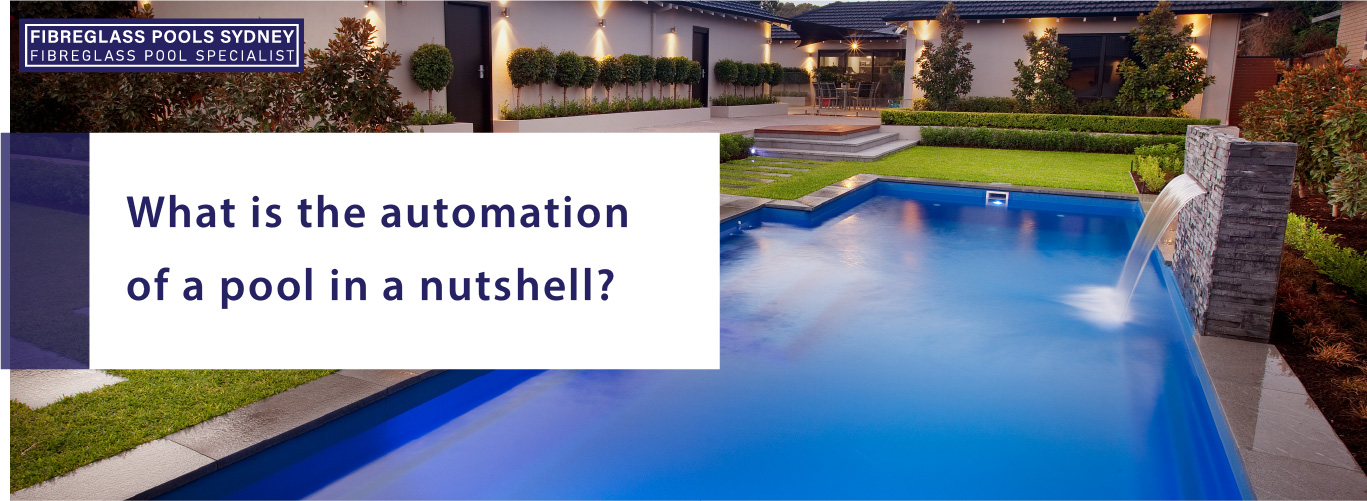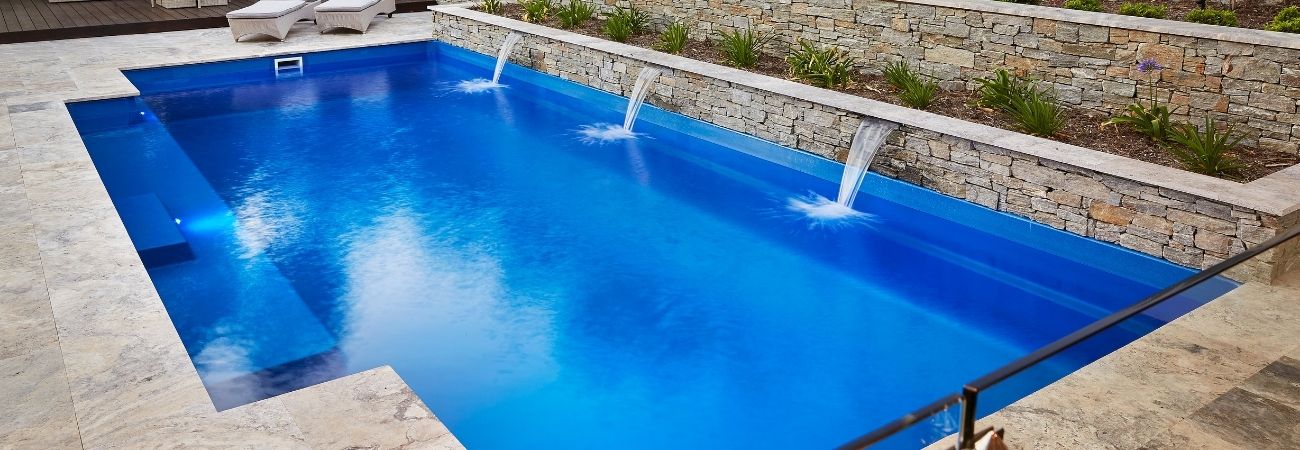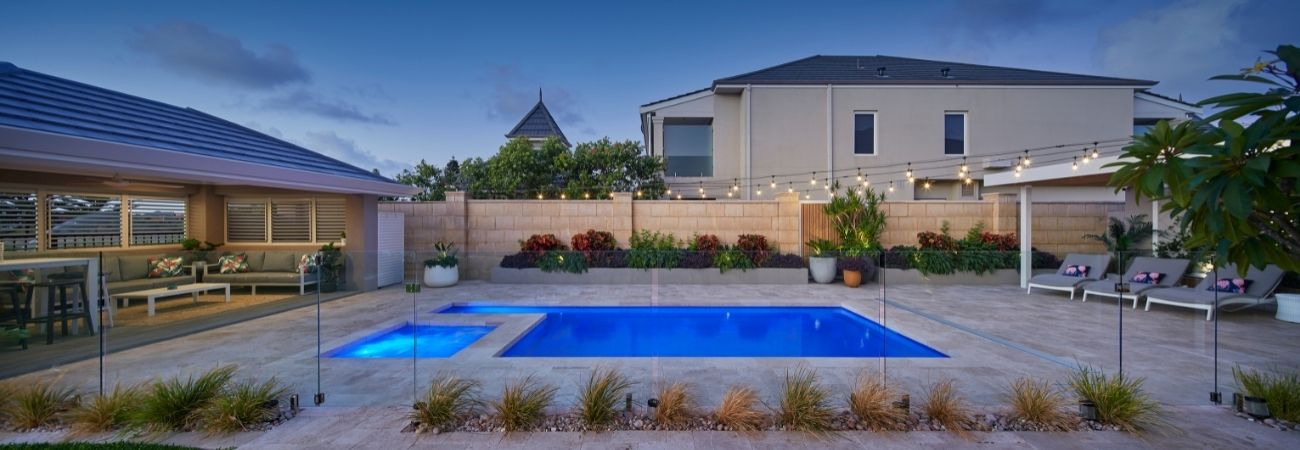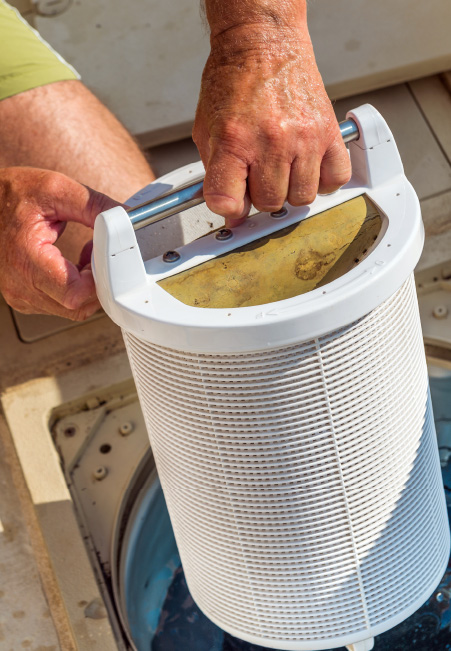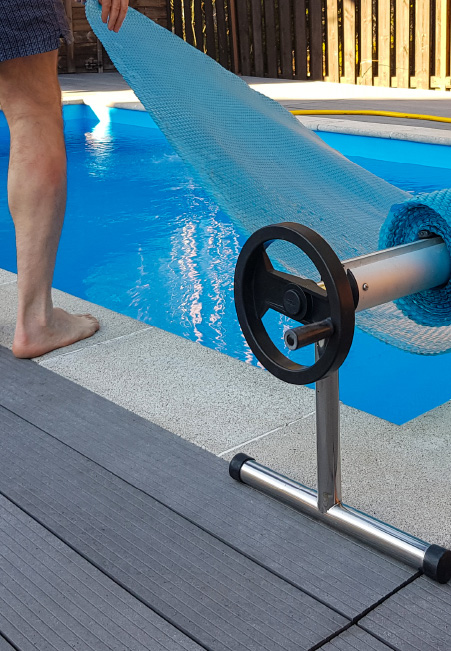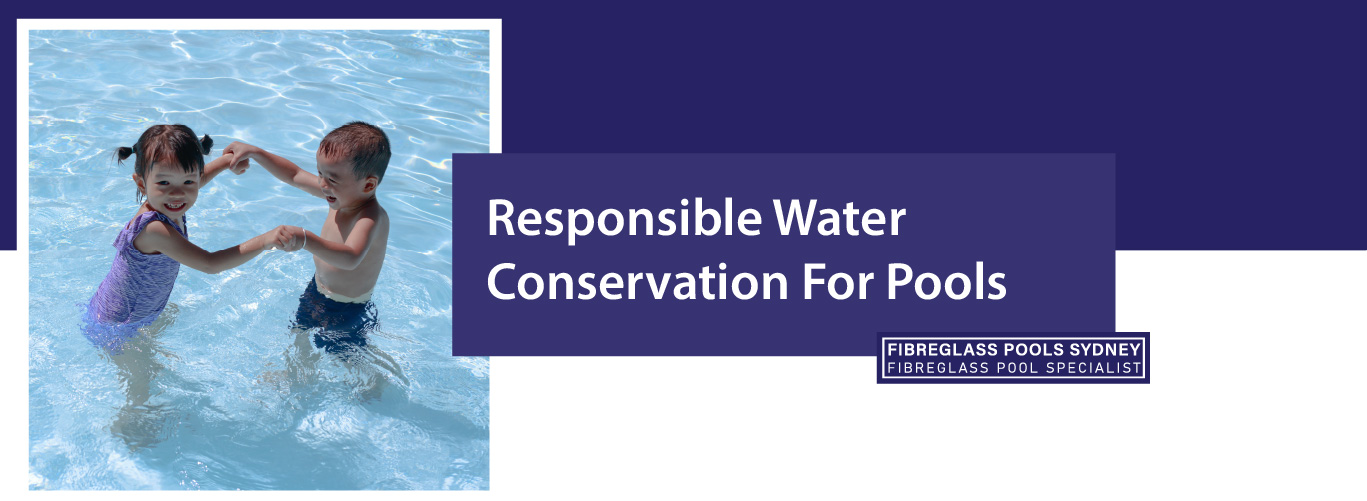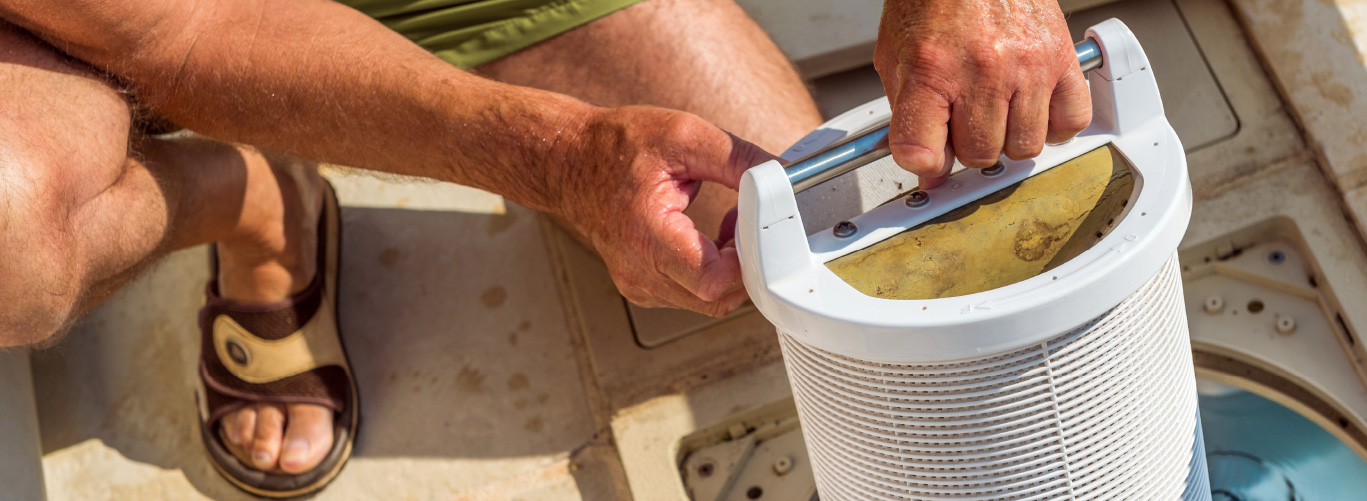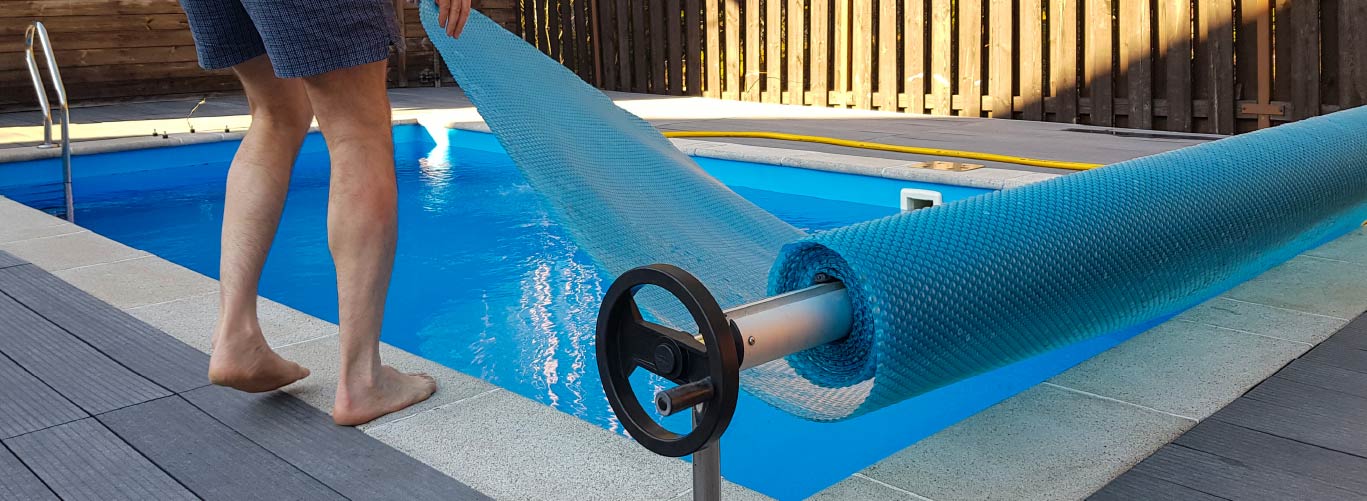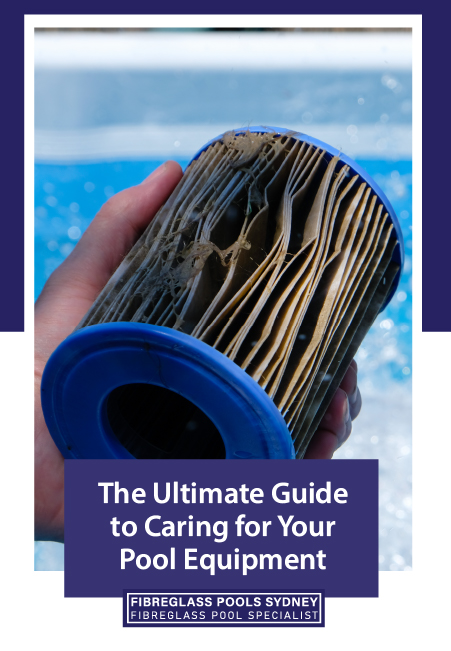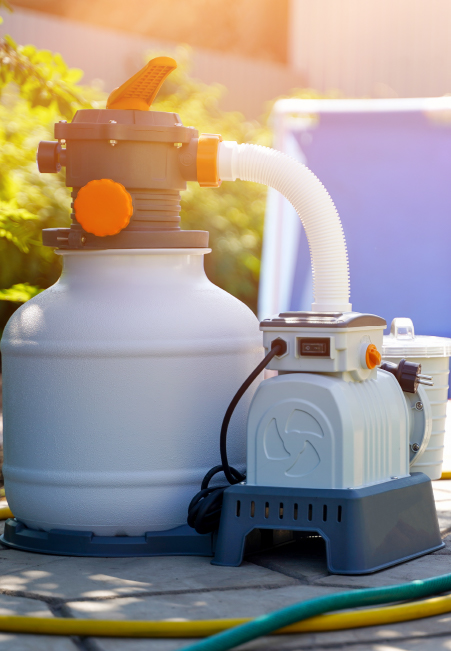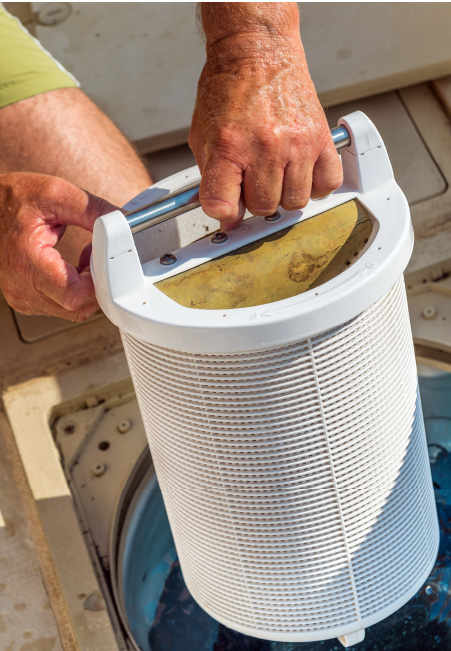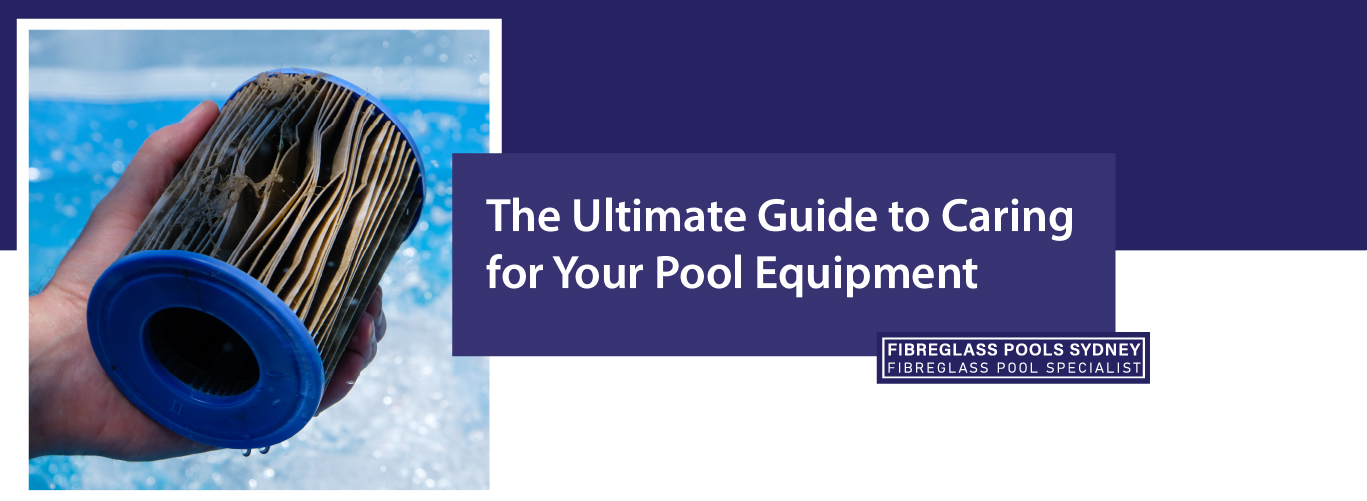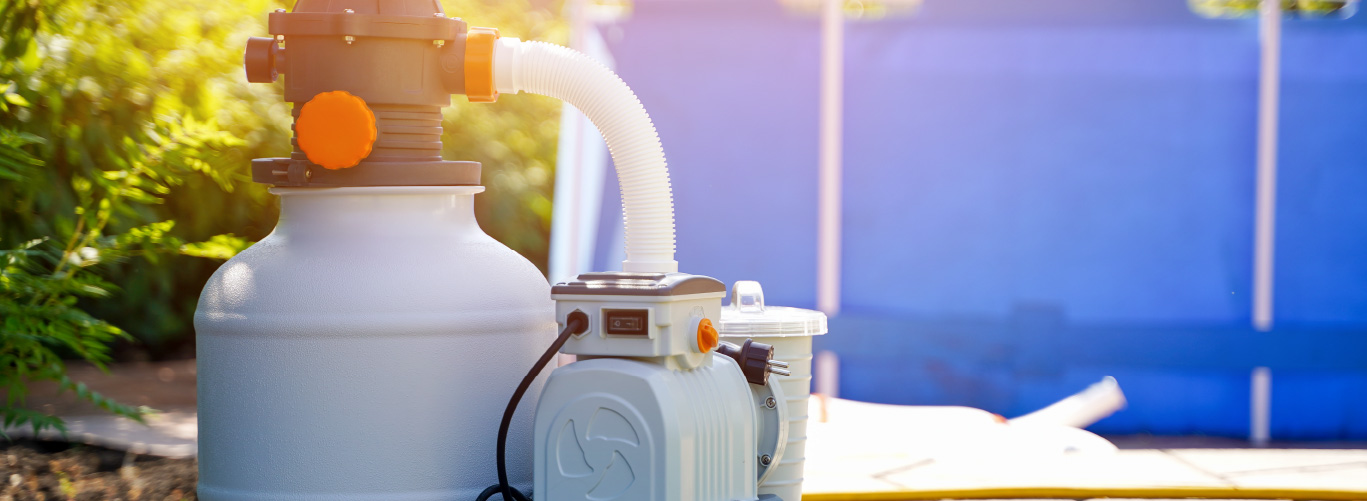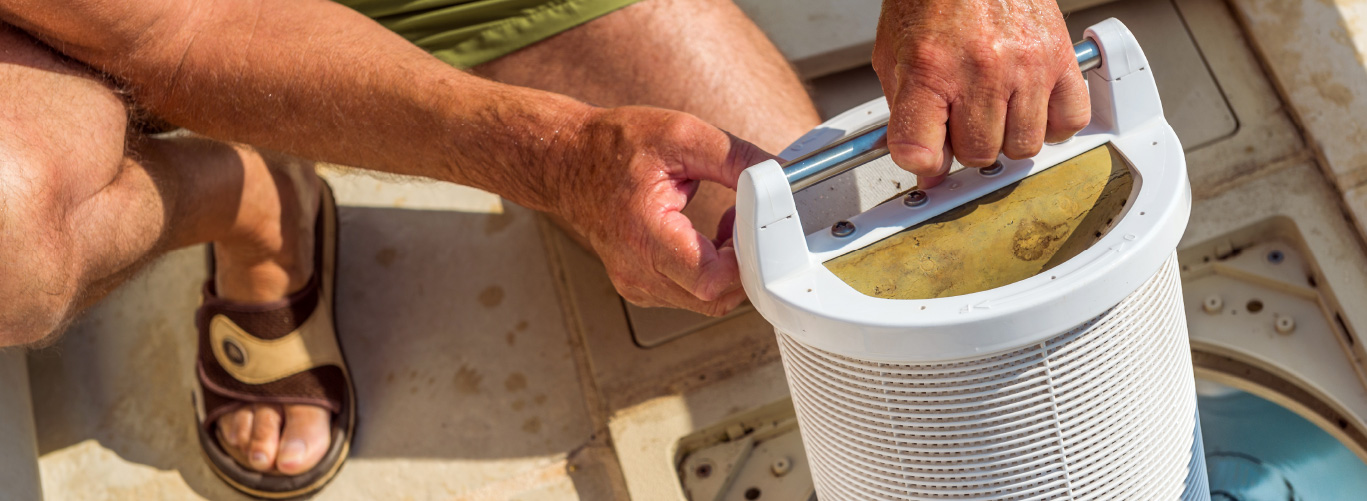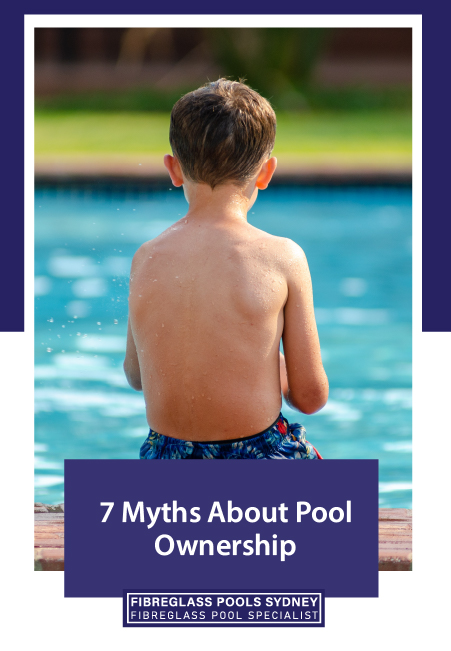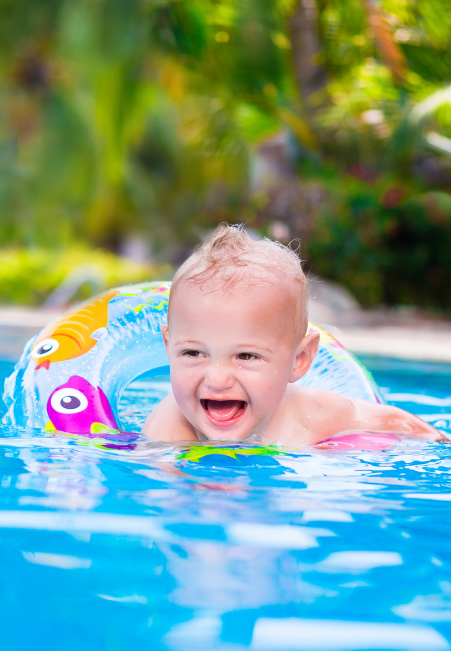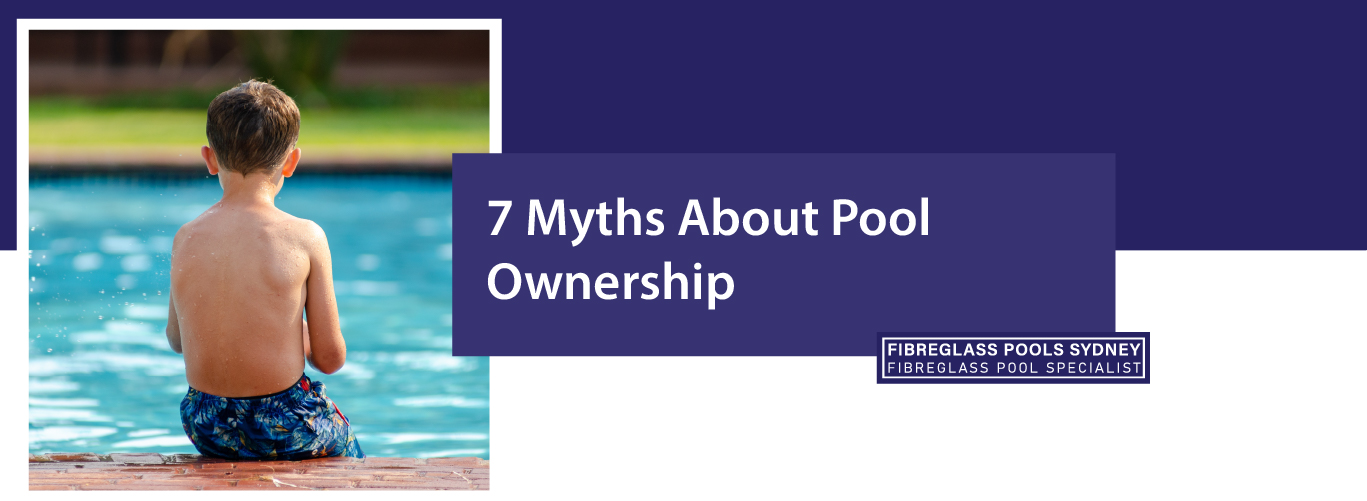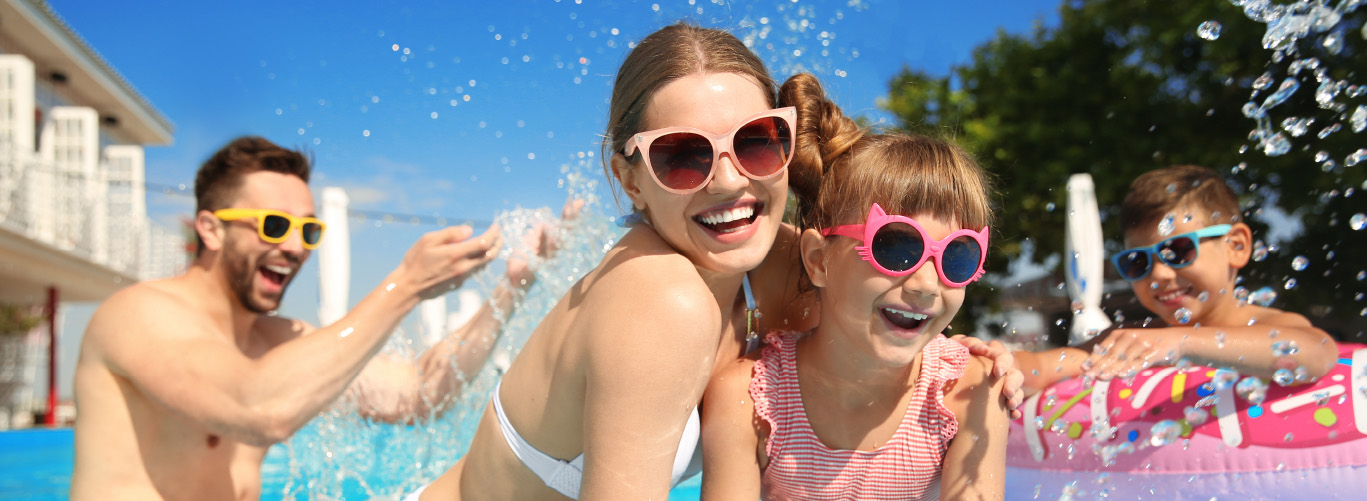Pool Automation: Maintenance Made Easy
Owning a swimming pool is undoubtedly a luxurious experience, providing endless opportunities for relaxation and recreation. However, it's important to acknowledge that it also comes with a significant amount of upkeep. This is where pool automation technology comes into play, revolutionizing the maintenance process and ensuring that pool owners can fully enjoy the perks without having to dedicate countless hours to maintenance tasks. With advanced automation systems, such as smart sensors and robotic cleaners, the process of maintaining water quality, temperature, and overall cleanliness becomes a breeze. This means that pool owners can spend more time swimming, entertaining guests, and creating lasting memories, while the pool automation technology takes care of the rest. So, dive into the world of pool automation and embrace the luxury and convenience it brings to your swimming pool ownership experience.
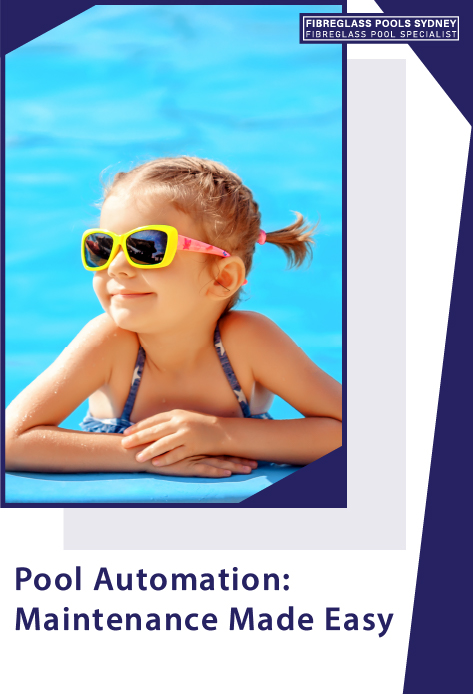
The Basics of Pool Automation
Pool automation systems typically consist of a sophisticated centralized control panel that effectively manages and orchestrates the various components of your pool. This includes not only the heater, pump, filtration system, lights, and chemical balance, but also additional features such as water circulation, pool covers, and even smart features like remote access and scheduling capabilities. By automating these elements, owners can effortlessly maintain their pool’s optimal condition without the need for constant manual adjustment. This not only ensures a consistently clean and safe swimming environment, but also provides convenience and peace of mind for pool owners, allowing them to fully enjoy their pool without the hassle of tedious maintenance tasks.
Benefits of Pool Automation
One of the key advantages of pool automation is the unparalleled convenience it brings. Imagine having the power to manage your pool effortlessly from anywhere through your smartphone or tablet. Whether you want to fine-tune the settings or address any issues that may arise, remote control capabilities make it a breeze. But the benefits don’t stop there. Pool automation also leads to significant cost savings by optimizing the operation of every component. By reducing energy consumption and extending the lifespan of your pool equipment, you not only contribute to a more sustainable environment but also enjoy long-term financial benefits. So, embrace the future of pool management with automation and unlock a world of convenience, efficiency, and savings.

Different Types of Pool Automation Systems
When it comes to pool automation systems, there is a wide range of options available on the market to suit various needs and budgets. From basic systems that control your pool’s pump and heater, to more advanced models that can effortlessly manage water features, spa settings, and even landscape lighting, the choices are abundant. What’s even more exciting is that some of these systems incorporate smart technology, allowing you to control them through voice commands and seamlessly integrate them with other smart home devices. With such a diverse selection, you can find the perfect pool automation system to make your pool experience even more enjoyable and hassle-free.
Basic Pool Automation Systems
Basic pool automation systems offer a simple and convenient way to control your pool’s essential functions. With features like automated filtration, temperature control, and lighting, these systems provide an entry-level solution for efficient pool management.
Mid-Range Pool Automation Systems
Mid-range pool automation systems take pool control to the next level. In addition to the features offered by basic systems, they provide more advanced functionalities such as remote access, programmable schedules, and water chemistry monitoring. These systems offer increased flexibility and convenience for pool owners.
Advanced Pool Automation Systems
For those seeking top-of-the-line pool automation, advanced systems are the way to go. With cutting-edge technology and extensive capabilities, these systems go beyond basic and mid-range options. They may include features like smart device integration, voice control, and advanced water quality management. Advanced pool automation systems provide the ultimate level of control and customization.
Energy-Efficient Pool Automation Systems
Energy-efficient pool automation systems prioritize sustainability and cost savings. These systems are designed to optimize energy consumption by intelligently managing filtration cycles, pump speeds, and other equipment. By reducing energy waste, they help lower electricity bills and minimize the environmental impact of pool operation.
Pool Automation and Chemical Balance
Maintaining the chemical balance of your pool is of utmost importance when it comes to creating a safe and enjoyable swimming environment. However, we understand that it can be a complex and time-consuming task. That’s where automated chemical feeders and monitors come into play. These innovative systems simplify the process by continuously monitoring and adjusting your pool’s chemistry as needed. By doing so, they not only prevent unhealthy water conditions but also safeguard the integrity of your pool surface. With automated chemical feeders and monitors, you can have peace of mind knowing that your pool is always in the best possible condition for a refreshing swim.

Installation and Maintenance
Although the installation of a pool automation system typically requires the expertise of a professional, its maintenance is straightforward and hassle-free. Most advanced systems are equipped with sophisticated alert mechanisms that promptly notify you of any issues that may arise, ensuring you can address them in a timely manner. By conducting regular checks and performing thorough cleaning of the various components of the automation system, you can significantly extend their longevity and ensure optimal performance throughout their lifespan. This not only guarantees a seamless and enjoyable pool experience, but also provides you with peace of mind knowing that your pool automation system is operating at its best.
Conclusion
In conclusion, pool automation systems offer pool owners a blend of convenience, energy efficiency, and cost-effectiveness while ensuring a clean, safe, and enjoyable swimming environment. Ranging from basic to advanced, there’s a pool automation system to suit every need and budget. While the installation may require professional assistance, the ongoing maintenance is simple, aided by intelligent alert systems. With automated chemical feeders and monitors, maintaining the perfect water chemistry becomes effortless. Therefore, embracing pool automation is truly a step towards smart, sustainable, and enjoyable pool ownership.
Pool Automation: Maintenance Made Easy
Owning a swimming pool is undoubtedly a luxurious experience, providing endless opportunities for relaxation and recreation. However, it's important to acknowledge that it also comes with a significant amount of upkeep. This is where pool automation technology comes into play, revolutionizing the maintenance process and ensuring that pool owners can fully enjoy the perks without having to dedicate countless hours to maintenance tasks. With advanced automation systems, such as smart sensors and robotic cleaners, the process of maintaining water quality, temperature, and overall cleanliness becomes a breeze. This means that pool owners can spend more time swimming, entertaining guests, and creating lasting memories, while the pool automation technology takes care of the rest. So, dive into the world of pool automation and embrace the luxury and convenience it brings to your swimming pool ownership experience.
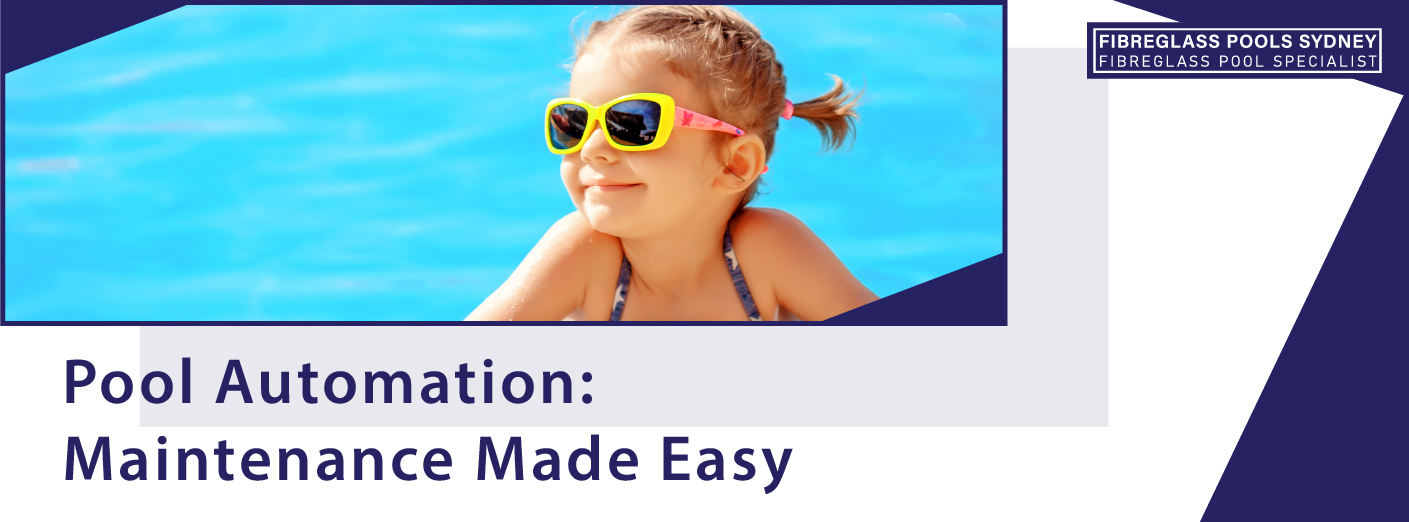
The Basics of Pool Automation
Pool automation systems typically consist of a sophisticated centralized control panel that effectively manages and orchestrates the various components of your pool. This includes not only the heater, pump, filtration system, lights, and chemical balance, but also additional features such as water circulation, pool covers, and even smart features like remote access and scheduling capabilities. By automating these elements, owners can effortlessly maintain their pool’s optimal condition without the need for constant manual adjustment. This not only ensures a consistently clean and safe swimming environment, but also provides convenience and peace of mind for pool owners, allowing them to fully enjoy their pool without the hassle of tedious maintenance tasks.
Benefits of Pool Automation
One of the key advantages of pool automation is the unparalleled convenience it brings. Imagine having the power to manage your pool effortlessly from anywhere through your smartphone or tablet. Whether you want to fine-tune the settings or address any issues that may arise, remote control capabilities make it a breeze. But the benefits don’t stop there. Pool automation also leads to significant cost savings by optimizing the operation of every component. By reducing energy consumption and extending the lifespan of your pool equipment, you not only contribute to a more sustainable environment but also enjoy long-term financial benefits. So, embrace the future of pool management with automation and unlock a world of convenience, efficiency, and savings.

Different Types of Pool Automation Systems
When it comes to pool automation systems, there is a wide range of options available on the market to suit various needs and budgets. From basic systems that control your pool’s pump and heater, to more advanced models that can effortlessly manage water features, spa settings, and even landscape lighting, the choices are abundant. What’s even more exciting is that some of these systems incorporate smart technology, allowing you to control them through voice commands and seamlessly integrate them with other smart home devices. With such a diverse selection, you can find the perfect pool automation system to make your pool experience even more enjoyable and hassle-free.
Basic Pool Automation Systems
Basic pool automation systems offer a simple and convenient way to control your pool’s essential functions. With features like automated filtration, temperature control, and lighting, these systems provide an entry-level solution for efficient pool management.
Mid-Range Pool Automation Systems
Mid-range pool automation systems take pool control to the next level. In addition to the features offered by basic systems, they provide more advanced functionalities such as remote access, programmable schedules, and water chemistry monitoring. These systems offer increased flexibility and convenience for pool owners.
Advanced Pool Automation Systems
For those seeking top-of-the-line pool automation, advanced systems are the way to go. With cutting-edge technology and extensive capabilities, these systems go beyond basic and mid-range options. They may include features like smart device integration, voice control, and advanced water quality management. Advanced pool automation systems provide the ultimate level of control and customization.
Energy-Efficient Pool Automation Systems
Energy-efficient pool automation systems prioritize sustainability and cost savings. These systems are designed to optimize energy consumption by intelligently managing filtration cycles, pump speeds, and other equipment. By reducing energy waste, they help lower electricity bills and minimize the environmental impact of pool operation.
Pool Automation and Chemical Balance
Maintaining the chemical balance of your pool is of utmost importance when it comes to creating a safe and enjoyable swimming environment. However, we understand that it can be a complex and time-consuming task. That’s where automated chemical feeders and monitors come into play. These innovative systems simplify the process by continuously monitoring and adjusting your pool’s chemistry as needed. By doing so, they not only prevent unhealthy water conditions but also safeguard the integrity of your pool surface. With automated chemical feeders and monitors, you can have peace of mind knowing that your pool is always in the best possible condition for a refreshing swim.
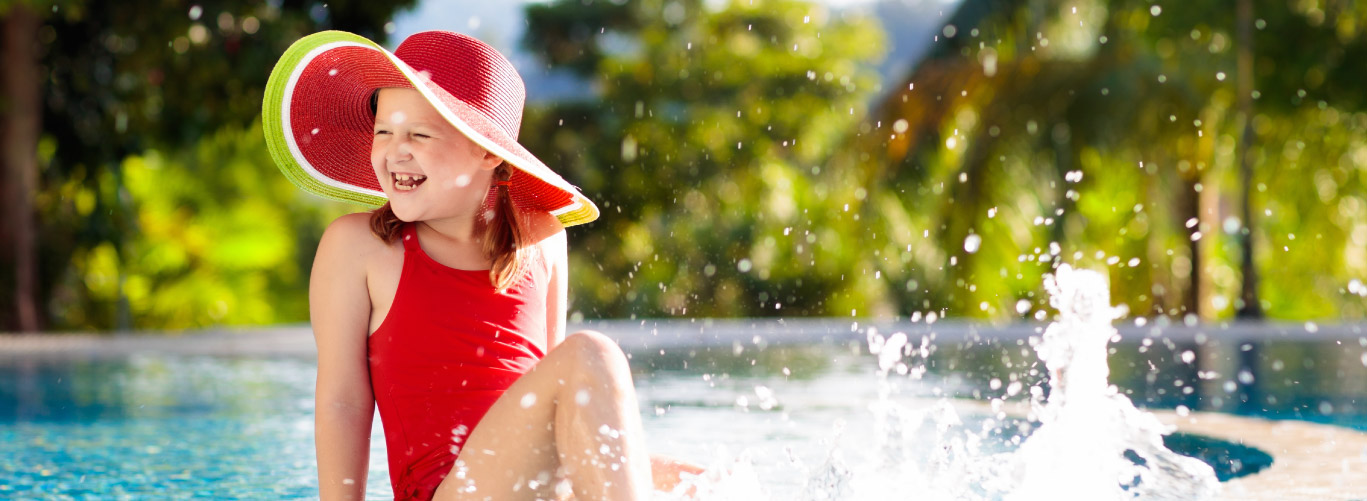
Installation and Maintenance
Although the installation of a pool automation system typically requires the expertise of a professional, its maintenance is straightforward and hassle-free. Most advanced systems are equipped with sophisticated alert mechanisms that promptly notify you of any issues that may arise, ensuring you can address them in a timely manner. By conducting regular checks and performing thorough cleaning of the various components of the automation system, you can significantly extend their longevity and ensure optimal performance throughout their lifespan. This not only guarantees a seamless and enjoyable pool experience, but also provides you with peace of mind knowing that your pool automation system is operating at its best.
Conclusion
In conclusion, pool automation systems offer pool owners a blend of convenience, energy efficiency, and cost-effectiveness while ensuring a clean, safe, and enjoyable swimming environment. Ranging from basic to advanced, there’s a pool automation system to suit every need and budget. While the installation may require professional assistance, the ongoing maintenance is simple, aided by intelligent alert systems. With automated chemical feeders and monitors, maintaining the perfect water chemistry becomes effortless. Therefore, embracing pool automation is truly a step towards smart, sustainable, and enjoyable pool ownership.



